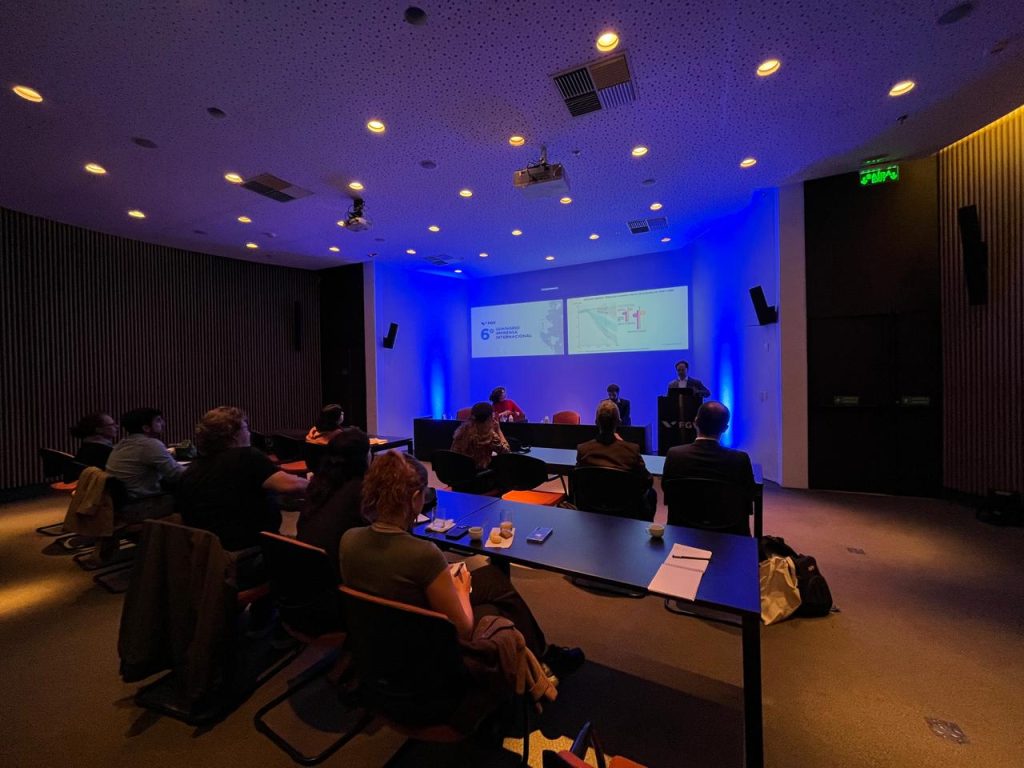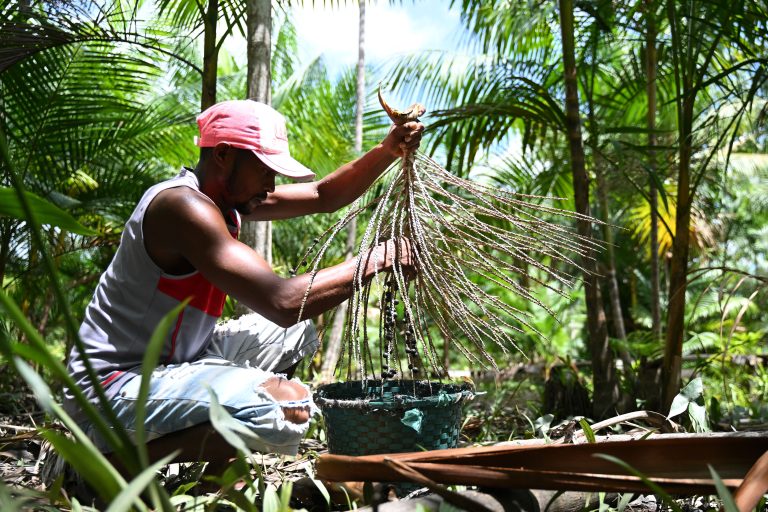São Paulo – Brazil has the conditions to be a global leader in the fight against climate change, yet it is faced with challenges that could keep it from fulfilling that role and even meeting its own climate targets. This Thursday (10), the fight against global warming was the main topic of the 6th International Press seminar held in São Paulo by Fundação Getulio Vargas (FGV).

A professor and the coordinator of the Environmental Policy and Economics Program of the Center for Sustainability Studies (FGVces) at FGV’s EAESP (São Paulo Business School), Guarany Osório, said the challenge facing the world is still to keep global warming at between 1.5ºC and 2ºC from pre-industrial levels. Even if the Paris Agreement is honored, the world will be between 2.1ºC and 2.8ºC warmer, i.e., above the limit. Had the agreement not been approved, global warming would be approximately 4ºC.
There’s a reason for limiting warming to at most 2ºC above pre-industrial levels: exceeding that threshold may trigger a point of no return in ecosystems. Once that happens, biomes become unable to regenerate, and the flora and fauna begins to perish.
The biggest challenge worldwide relates to energy. In Brazil, most of the energy generated is of the clean kind, but the country must fight emissions resulting from deforestation and human-ignited wildfires. “If it does not reduce deforestation, particularly in the Amazon, Brazil might fail to meet its emission reduction target next year, when it will host COP30,” said Osório regarding the United Nations Climate Change Conference set to take place in Belém, Pará, in 2025.
Climate change is one of the issues
Brazil’s targets are to cut back on emissions by 48% by 2025, 53% by 2030, and to achieve zero emissions by 2050. All targets are relative to 2005 levels. The professor also said the challenges as it relates to the Amazon cannot be solved unless forest peoples are included in the debate.
Osório and FGV Climate science coordinator and cofounder and FGV EESP (São Paulo School of Economics) professor Clarissa Gandour remarked that society at large needs to join the discussion and be made aware of the climate challenge, whose negative impacts are already being felt in Brazil. A case in point was the flooding in Rio Grande do Sul last May. Climate events will affect the day-to-day and the livelihood of Brazilians more and more.
“Brazil has critical aspects that enable it to play a leading role as it relates to climate, but it’s also faced with major challenges,” said Gandour, citing lack of climate governance, since the “climate effort” in the country is still fragmented, and that also applies to government. She also mentioned the need to increase “climate literacy,” i.e., raise public awareness of the extent of the problem, and the need to factor in economic impact in addressing global warming and adaptation to climate change.
FGV School of International Relations founder, full professor, and deputy director Matias Spektor gave an overview of Brazil’s position in the world and pointed out issues the country must address in order to broaden its global prominence and truly champion environmental protection. Spektor quoted Environment minister Marina Silva, who said in an interview that there are 1,750 illegal airstrips used by drug traffickers in the Amazon.
Spektor also cited challenges facing Brazil in other global arenas, such as its overreliance on trade with China, its struggles with promoting concerted action in Latin America via multilateral organizations, and climate skepticism from part of its population.




